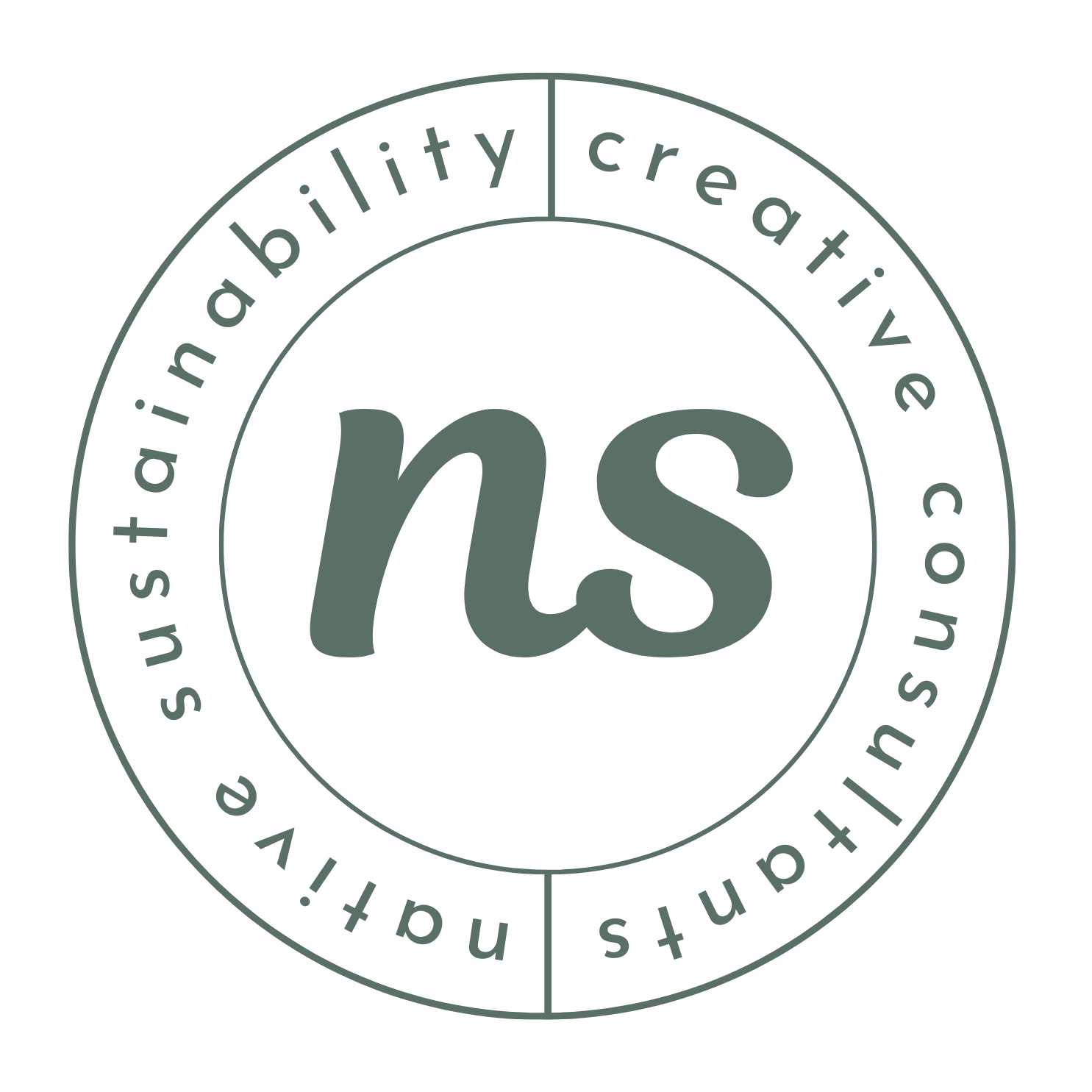Waste Audits: You Can't Measure Progress Without a Baseline
Waste audits aren't highly technical. In short, they provide you with baseline information about how your organization is doing. That information can help you make more informed decisions, give you valuable insight to a problem you may not have even known existed, and lead you on a path to saving money, carbon emissions - all of the good stuff.
An audit performed on a high-volume restaurant considering implementing composting collection. If all disposables (left) were converted to compostable options, their waste would be nearly 95% compostable! Adding composting could saving nearly 50% in disposal costs.
A waste audit focuses on what you produce - they type of waste and the amount of waste, and how you're current recycling practices are working. An audit looks at recycling, trash, organics,
and more. And, it highlights areas of opportunity, and gives you data to base decisions off of.
Waste audits are most easily accomplished through a third-party, as they are free of judgement or explanations. A standard waste audit will consist of collecting the waste and recycling from a
selected time frame - ideally relatively unknown to employees so that you get an accurate understanding of your typical waste stream. Then the audit team safely sorts through the material and records the amount of each material (usually by weight), where it was generated and the types of materials identified as contaminates. Each bag gets its photo taken too. These figures are recorded and then later analyzed for the findings.
The auditors will look for different information points such as the percentage of your waste that is being recycled, as well as the amount that could be. For example, they may find that 50% of your waste could be recycled, but only 30% is currently being recycled. With this information your organization can create programming to discover why materials aren’t making it to the right collection bin, as well as which contaminates are incorrectly landing in the recycling bin.
There are varying reasons for why things may end up in the wrong place. It could be that people just don’t know where to put what or maybe that the cleaning crew places the recycling into the trash bin at the end of the day. Either way, learning that the problem exists is the first step to fixing it! Once the problems and challenges have been identified, then a plan to improve your companies waste diversions can be developed and implemented.
The baseline data from the waste audit can be used to create a system for follow up and tracking the improvements to your waste stream.
If you’re interested in getting a waste audit done for your company, or getting help to know what to do with the findings, contact Native Sustainability!

